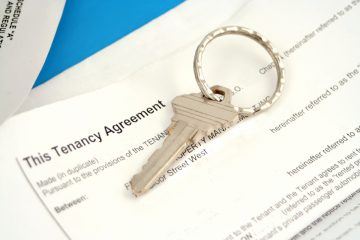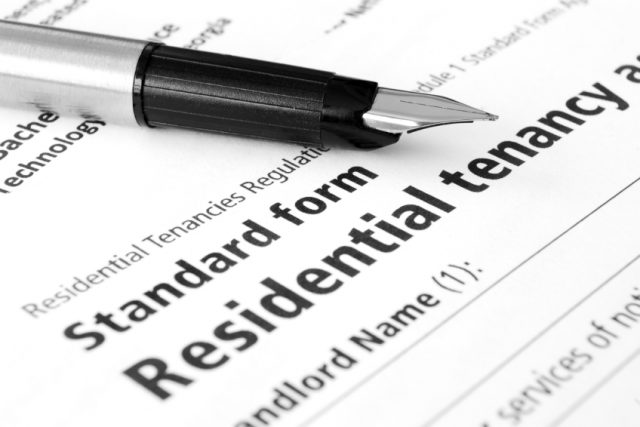Inventory Firms Join Property Redress Scheme
Two of the largest inventory firms in the country have now joined the Property Redress Scheme in order to ensure their customers’ rights are met.

Inventory Firms Join Property Redress Scheme
All landlords must compile an inventory before tenants move into their rental property. The document details the condition and contents of the property at check-in, allowing tenants to see exactly what they are getting. It can then be used at check-out to ensure that the tenants are returning the property in the same condition they found it in.
If the tenant agrees to the inventory, the possibility of a dispute arising at the end of the tenancy is reduced, enabling the landlord to enjoy a much more risk-free rental period.
The inventory should include written notes and photographic evidence, as well as details of the contents, including fixtures and fittings. All of this will be helpful in supporting a claim on the tenant’s deposit, because, if a disagreement does arise, a decision to resolve the matter will be based on the evidence provided by both the landlord and the tenant.
Failure to provide appropriate evidence may result in the landlord finding themselves out of pocket.
Using an independent inventory company will ensure that the report is unbiased. However, if you are unhappy with the service provided by your chosen firm, you can now hold them to account – the Association of Independent Inventory Clerks (AIIC) and VeriSmart have joined the Property Redress Scheme.
The AIIC, which was founded in 1996 and is the UK’s largest membership organisation for independent inventory clerks, offers specialised training and support for inventory professionals, while VeriSmart is a market leading smart inventory provider, operating in over 40 locations across the UK.
The Chairman at the AIIC, Patricia Barber, says: “We have over 700 members nationwide, who are expected to work to the highest standards. We are delighted to join the Property Redress Scheme, who are doing such an important job for the property industry, protecting consumer rights and educating property professionals about industry best practice. The AIIC are looking forward to working together with the Property Redress Scheme to further this aim.”
The Chairman and founder of VeriSmart, Jonathan Senior, adds: “VeriSmart is the largest licensed business in the smart inventory sector. We are very pleased to be working together with the Property Redress Scheme, making sure our customers’ rights are met and also helping to improve standards within our industry.”
The AIIC and VeriSmart are joining over 20 other independent inventory firms as members of the scheme, in addition to over 4,500 letting and estate agents.





